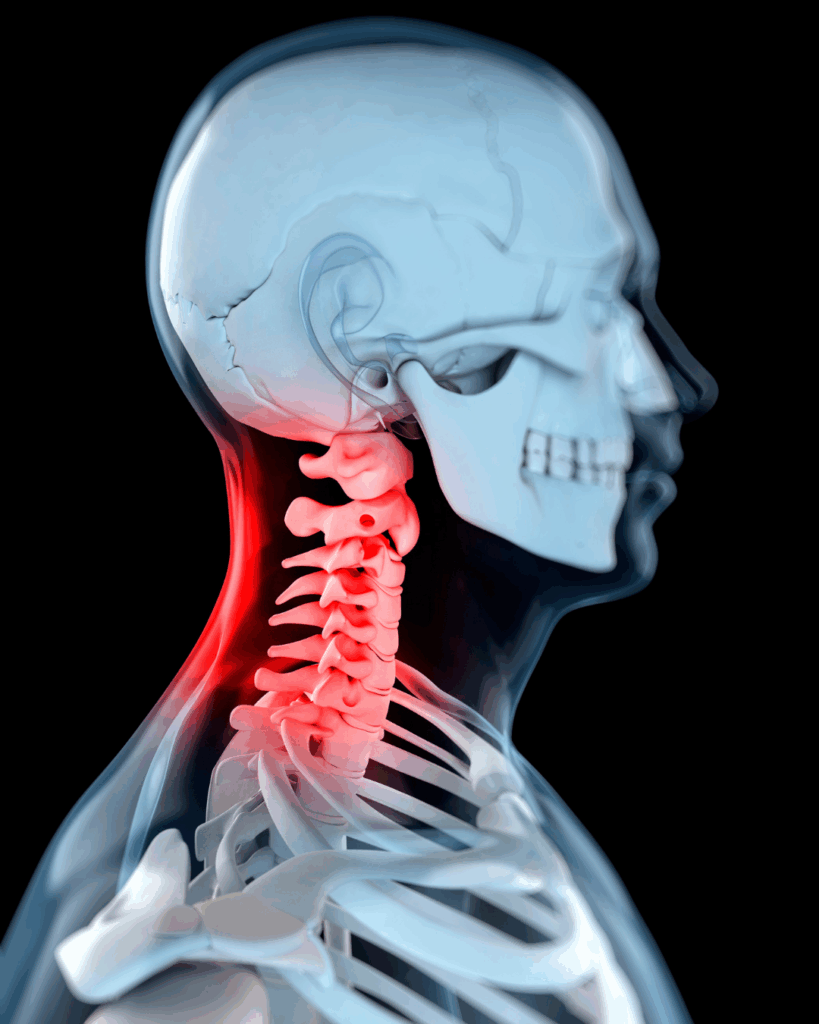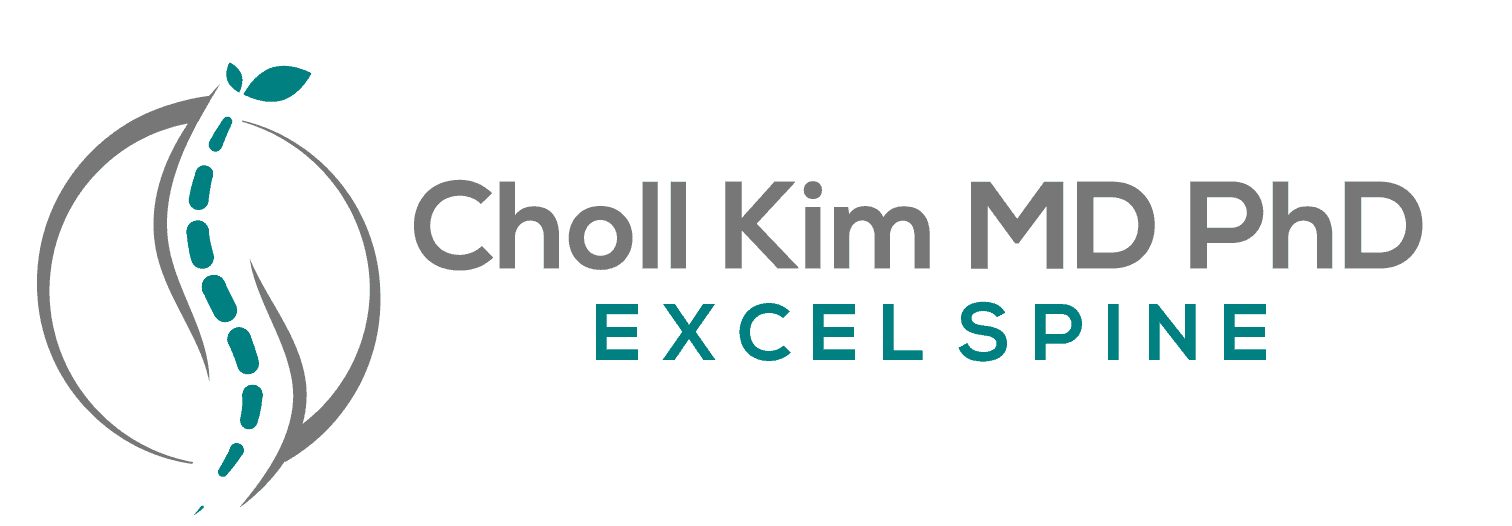
Anterior cervical discectomy and fusion (ACDF) is a well-established surgical treatment for relieving neck pain and nerve-related symptoms in the arms. By removing and replacing a damaged disc in the cervical spine and fusing the surrounding vertebrae, ACDF can provide long-term relief from pain, numbness, and weakness caused by spinal cord or nerve compression.
When Is ACDF Recommended?
ACDF is typically considered when non-surgical treatments haven’t provided enough relief. It addresses issues like:
- Herniated or bulging cervical discs
- Degenerative disc disease
- Bone spurs
- Cervical spinal stenosis
- Nerve compression causing arm pain or weakness
This procedure helps relieve pressure on the spinal cord or nerves and stabilizes the spine to prevent future issues.
A Minimally Invasive Advantage
At Excel Spine, ACDF is performed using a modern, minimally invasive technique. This leads to less tissue disruption, faster recovery, and a lower risk of complications.
Key features of our approach:
- Table-mounted retractor to reduce strain on neck muscles
- A small incision on the front of the neck
- “Zero-profile” spacers to eliminate protruding hardware
- Shorter hospital stays and faster return to daily activities
Click here for a short video on What Makes My ACDF Minimally Invasive.
What to Expect: Before, During, and After
Preparing for Surgery:
You’ll receive detailed instructions before surgery. This typically includes stopping certain medications and preparing your home for recovery.
During Surgery:
- A small incision is made in the front of your neck
- The damaged disc is removed
- A spacer and bone graft are inserted
- A plate and screws (or an integrated device) stabilize the area
The procedure usually takes 1–2 hours, and most patients go home the same day.
Recovery Timeline:
- Light walking is encouraged within a day
- Return to desk work: 2–4 weeks
- Physical jobs: ~2–3 months, with medical clearance
- Physical therapy begins around week 3–4
- Activities like light workouts or hobbies: within 1–2 months
Risks to Be Aware Of
While ACDF is a safe and effective procedure, all surgeries carry risks. Potential complications may include:
- Infection or bleeding
- Hoarseness or difficulty swallowing (usually temporary)
- Nerve injury
- Failure of fusion (nonunion)
- Wear and tear on nearby discs (adjacent level degeneration)
Your surgeon will thoroughly review these risks with you and take steps to minimize them.
Other Treatment Options
ACDF isn’t the only option—depending on your condition and lifestyle, your surgeon might discuss alternatives like:
- Cervical disc replacement
- Posterior cervical fusion
- Laminoplasty (a back-of-the-neck approach)
Each technique has unique benefits based on your anatomy and goals.
Why Choose Excel Spine for ACDF?
Dr. Choll Kim and the team at Excel Spine specialize in advanced, minimally invasive spinal care. With a focus on precision, safety, and results, our approach helps patients get back to life with less pain and downtime.
Take the Next Step
If you’re dealing with chronic neck pain or radiating arm symptoms, you don’t have to suffer in silence. A consultation and MRI review can help determine if ACDF—or another approach—is right for you.
👉 We offer free MRI reviews—click here to submit yours and take the first step toward relief.
